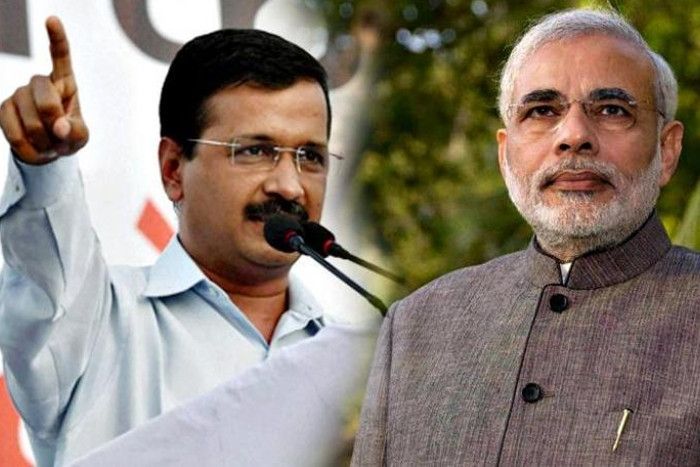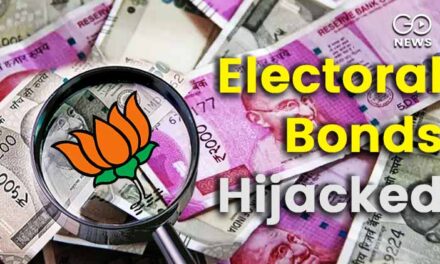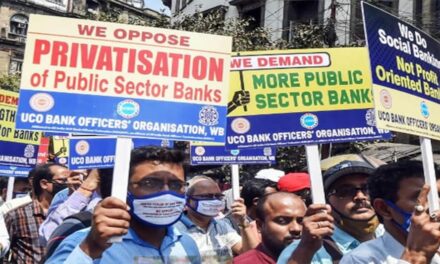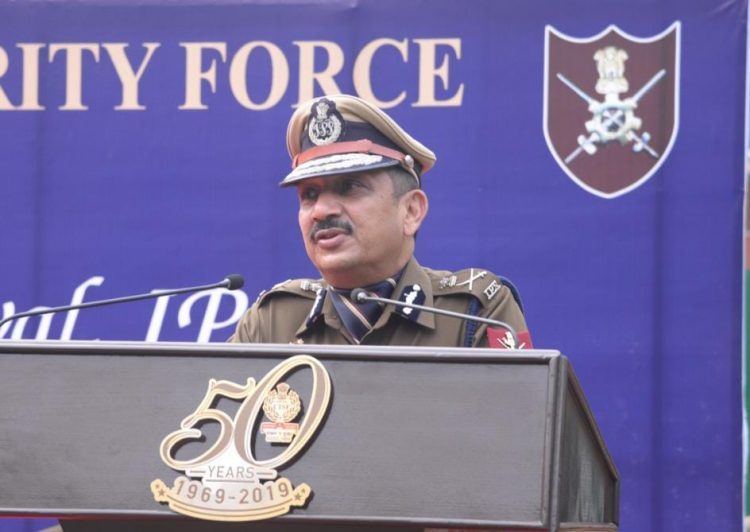The Supreme Court asked union government what is the purpose of having an elected government in Delhi at all if the administrative functions have to be carried out at the beck and call of the Union Government
The Supreme Court indicated that arguments in the matter both by the Delhi government and Centre should end during the next hearing on Tuesday
With the Union Government taking a stand that all officers posted in the Capital belong to the central government which maintains administrative control over them, a Constitution bench headed by Chief Justice of India (CJI) Dhananjaya Y Chandrachud said,
“What is the purpose of having an elected government in Delhi at all if the administrative functions have to be carried out at the beck and call of the Centre.”
The court was responding to arguments made by Solicitor General (SG) Tushar Mehta who said that the Constitution does not envisage ‘services’ for Union Territories.
The officers posted in Delhi are from All India Service, DANICS which expands as Delhi, Andaman & Nicobar, Lakshadweep, Daman and Diu and Dadra & Nagar Haveli Civil Services, and Delhi Administrative Subordinate Service (DASS).
All of these are central services, Mehta said, and the central government is their disciplinary head controlling even their transfer and posting.
The bench, also comprising justices MR Shah, Krishna Murari, Hima Kohli and PS Narasimha said, “Suppose an officer is not discharging functions properly, will Delhi government have no role to shift this person and get someone else.”
Mehta explained that there is no conflict as the Centre only has administrative control over the officers while the functional control is with the minister of the elected government under which the officer is posted.
He cited the Transaction of Business Rules, 1993 to submit, “If an officer is posted in a Union Territory, he will be answerable to his minister on policy directions. The functional control will be of the elected government.”
The Union Government further argued that in case of an officer who is not performing duties as per the minister’s directions, the elected government has the power to seek his transfer but the same must be intimated to the lieutenant governor (LG) who is the administrator acting on behalf of the President.
Taking cue from this argument, the bench put to Mehta, “You concede that the functional control under the Transaction of Business Rules is with the elected government. It will be this government which may know whom to post and in which department.”
Mehta, whose arguments remained inconclusive, was granted time to continue on Tuesday.
The Solicitor General presented practical situations to show why the Centre insisted on retaining administrative control over bureaucracy in Delhi being the national Capital.
“Delhi is a miniature India. It belongs to the entire country. There are neighbouring states. Suppose, as per Delhi government policy, the secretary posted here decides not to cooperate with his counterparts in neighbouring states. It could be an issue related to terrorism. Can the Centre say I cannot act,” Mehta said.
“Nobody says bureaucracy should be pliable. It is not wedded to any party or government. If Capital is under siege and one section of roads leading to Capital is blocked, it is the duty of bureaucracy to tell the LG that the Capital is under siege,” he further said.
He presented yet another situation. “If during Covid, the government here has reduced the number of tests to record less incidence of Covid, the health secretary has to inform the LG as it will have significant impact. The government has to know if we are dealing with a rat or a dinosaur,” SG added.
The Delhi government represented by senior advocate Abhishek Manu Singhvi had on Wednesday argued that posting an officer to a department should be with the elected government of the Capital as it had no quarrel over Centre remaining the disciplinary authority to take action against them.
Mehta said, “To say, once officers come under my jurisdiction, he is to take my instructions goes against the spirit of Article 239AA.”
This provision in the Constitution delineates power and functioning of Delhi Assembly. “I am not saying bureaucracy should be loyal to the central government but the Union Government must have a say on who will be appointed and what business is allocated.”
Tracing the historical context in which Delhi evolved, Mehta said that while delineating states and Union Territories, a conscious decision was taken by Parliament to keep Delhi as a Union Territory having neither services nor any public service commission of its own.
The Union Government will resume arguments on Tuesday even as the bench indicated that arguments in the matter both by the Delhi government and Union Government should end on that day.
An application for intervention has been moved by officers’ association in Delhi who were represented by senior advocate Harish Salve.
The court is yet to take a call on hearing them even as Singhvi questioned the purpose of an intervention application when a Constitution bench is to lay down the law.
The Delhi government had approached the top court challenging a May 2015 notification issued by Union Government which declared that the Delhi government will have no legislative power over “services” under Entry 41 of List 2 (State List).
The Delhi government had challenged this notification as also the Government of National Capital Territory of Delhi (Amendment) Act 2021 giving wide powers to the LG in the administration of the Capital.
By this amendment, LG’s nod was made mandatory for executing any policy approved by the council of ministers.









